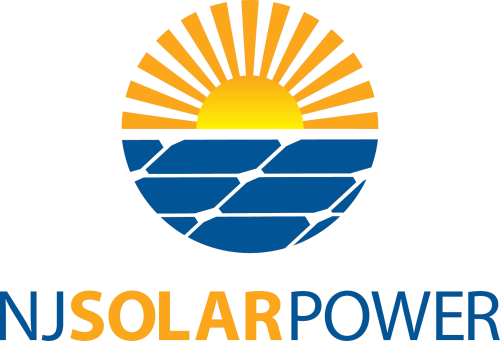There are many great reasons to get solar panels for your home. One of the best ones is that the federal government will help you pay for them. For several years, the federal government has been offering tax credits to people who install solar panels. Solar tax credits are even better than rebates, because they can be carried forward so that you get the benefit of the entire credit. While these federal solar tax credits were set to expire, they were recently extended by federal legislation, making now the perfect time to buy your solar system.
Solar Federal Tax Credits
Previously, the credits for installing renewable energy equipment were set to expire at the end of 2023. You could get up to 30% of your total cost for equipment placed in service between 2017 and 2019, 26% of your total cost for equipment placed in service between 2020 and 2022, and 22% for equipment placed in service in 2023. However, in August of 2022, Congress passed an extension of the Investment Tax Credit (ITC). The credit is now 30% for systems placed in service between 2022-2032, with a decrease to 26% for systems installed in 2033 and 22% for systems installed in 2034. The extension expires in 2035, unless renewed.
What does that mean for you?
It means that if you get a solar system placed in service over the next 10 years, you can get a 30% tax credit for it. Not all homes qualify for tax credits, but the ITC is very broad. It does not just cover traditional single-family homes. It also covers houseboats, manufactured homes, mobile homes, condominiums, and apartments. You can own the solar system on your own or as part of a cooperative group.
Not all equipment qualifies, but the ITC includes most equipment you would install on a residential solar system. It covers small wind turbines, geothermal heat pumps, solar-powered water heaters, solar-powered electricity generators, solar-electric collecting roofs and roof products, solar power storage equipment, fuel cell property, and some installation and labor costs. It does not cover systems solely used to heat a hot tub or swimming pool.
How To Qualify
To qualify for the tax credit, you have to own the system. This is an important detail because you have the option to lease or purchase your solar equipment. While lease costs may appear less expensive in the short-term, given the availability of the solar tax credits, buying the equipment may be a better long-term solution for many consumers.
Solar is only available for residences. So, if you have rental property, you cannot use the solar credit. However, if you have a vacation home, you can claim the credit for the amount of time you spend at the home, even if you also use that home as a rental when it is not owner-occupied.
You can’t claim the residential solar credit for installing solar power at rental properties you own. But you can claim it if you also live in the house for part of the year and use it as a rental when you’re away.
While solar credits carry forward, you cannot use them to get back more than you owed to the IRS in that tax year. In other words, if your tax liability is smaller than your credit, the unused portion of the credit will carry forward. However, many people confuse tax liability with their refund checks. The amount of the credit can go towards your tax refund if your withholding has covered your liability and your total liability is less than the amount of the credit.
